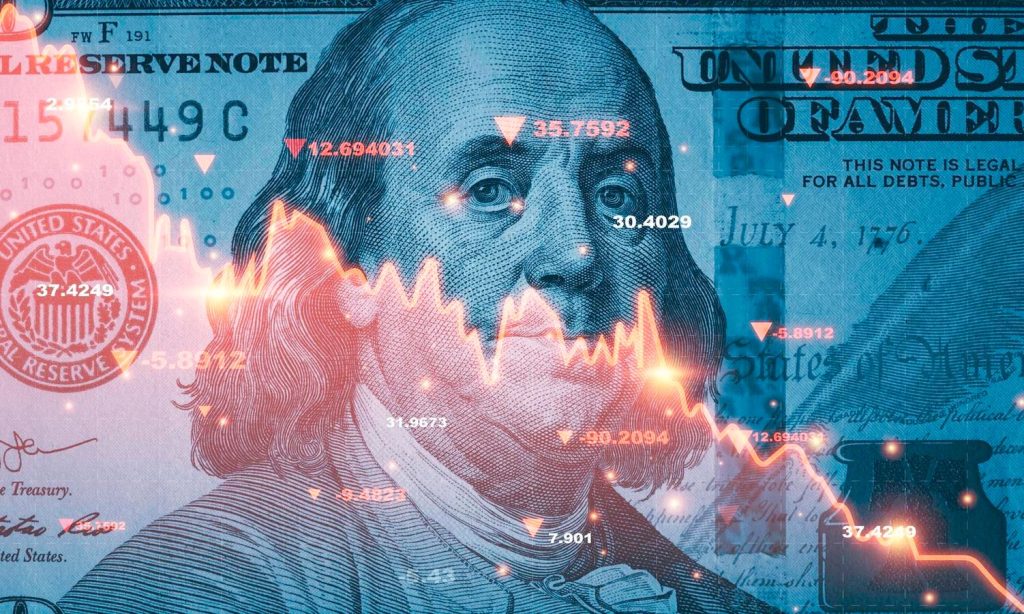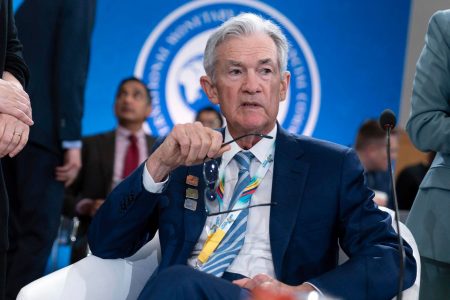Former U.S. trade negotiator and potential Treasury Secretary pick for a second Trump administration, Robert Lighthizer, is reportedly discussing ways to devalue the dollar to reduce the U.S. trade deficit. However, economists warn that unless the exchange rate is significantly out of line with typical fundamentals, devaluation may ultimately lead to a decrease in the nation’s standard of living. This strategy is not a new concept and has been a focus for Lighthizer in the past.
While devaluing the dollar may seem like an attractive solution to trim the trade deficit by making U.S. exports cheaper and imports more expensive, the reality is much more complicated. Weakening the dollar could actually make the economy less competitive and less efficient, rather than enhancing trade competitiveness. Global supply chains play a crucial role in this dynamic, as any benefits gained through cheaper exports could be offset by higher prices for imports, including raw materials and capital goods.
Moreover, other countries have the ability to respond to U.S. currency devaluation by weakening their own currencies through various means such as lowering interest rates, imposing tariffs, or subsidizing domestic producers. Additionally, signaling a desire for a weaker dollar could lead to increased borrowing costs for American consumers and businesses. Overall, the idea of currency devaluation as a strategy to improve trade competitiveness is met with skepticism and caution.
A more sustainable approach to reducing the U.S. trade deficit involves implementing structural reforms both domestically and abroad. This could include fiscal spending reductions, consumer-oriented growth in major trading partners, higher household saving rates in the U.S., and increased access for U.S. exports in foreign markets, particularly in the services sector. Devaluing the currency is not a viable solution to address trade imbalances and could ultimately harm the American economy rather than improving its position in the global market.
In the long term, currency devaluation is viewed as a race to the bottom that ultimately results in negative consequences for the country pursuing such a strategy. While there may be short-term gains in terms of trade balance, these gains are often short-lived and are followed by negative repercussions. Instead of seeking quick fixes through devaluing the currency, policymakers should focus on implementing comprehensive reforms that address the underlying causes of trade imbalances and promote sustainable economic growth.
Ultimately, the discussion of devaluing the dollar to reduce the trade deficit highlights the complexity of trade policy and the need for thoughtful and strategic approaches to address economic challenges. While it may be tempting to pursue quick solutions, the long-term consequences of such actions must be carefully considered to avoid detrimental effects on the economy and standard of living for American citizens.














